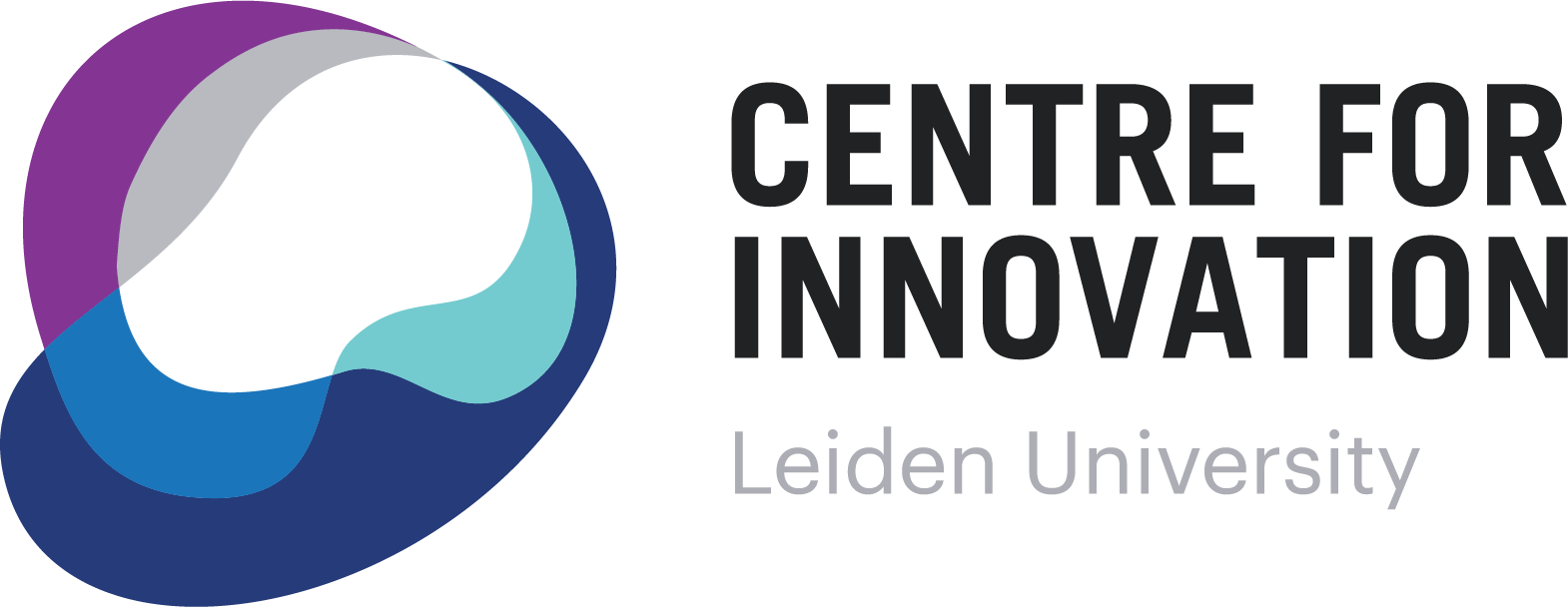Digital trails could endanger people and organizations in various high-risk contexts. This session provided an overview of a data responsibility framework, the risks surrounding the use of communication channels with regards to metadata, and explored practical mitigation strategies. By addressing case studies involving whistleblowers, human rights activists, journalists and aid workers, the session encouraged attendees to ask relevant questions and take home answers for their own organizations.The session concluded with three key points. First, was a call to action, encouraging humanitarian organizations to avoid abstract discussions about metadata, but to engage at the ground level and produce tangible outcomes. Second, was to highlight that threat models are constantly changing and it is important for organizations to frequently re-evaluate the risks they are exposed to and reexamine their data responsibility framework. Finally, the Centre for Innovation presented an assessment framework for assessing metadata risks of messaging platforms. They underscored how important it is for organizations to better understand how metadata is collected and stored by platforms and be aware of the risks associated with using social messaging platforms.
Read the full summary for this working session.
Additional Resources:

Working Sessions Summaries



